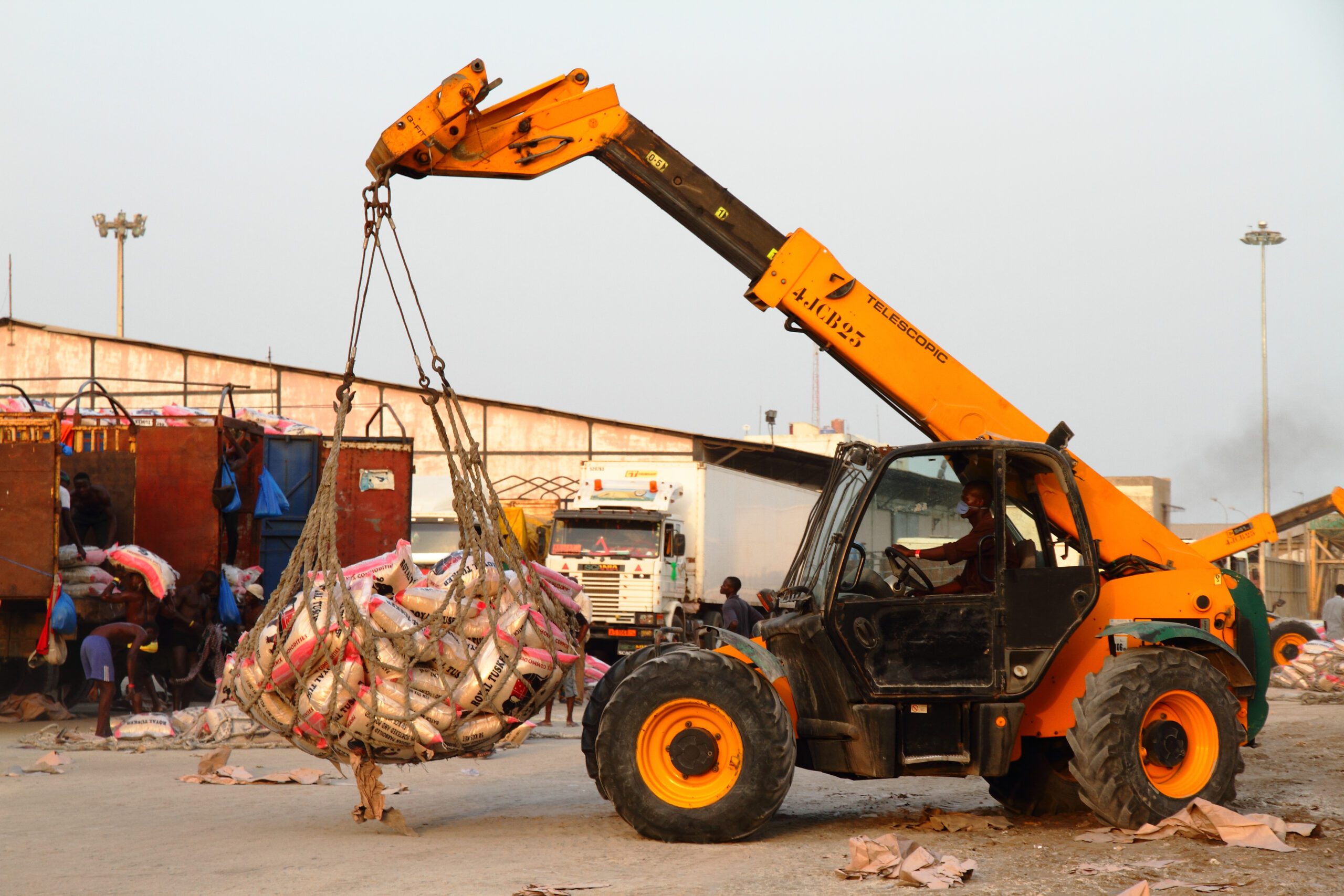In February, the Heritage Foundation released its 2023 Index of Economic Freedom – it’s not good news. Even though higher levels of economic freedom are positively correlated with longer life expectancies, cleaner environments and more peaceful societies, governments around the globe are making policy decisions that result in increased oppression and subsequently, worse lives for their citizens.
Anthony Kim, Editor of The Heritage Index, summed up the current state of economic freedom well when he noted that “the world economy, taken as a whole, has become ‘mostly unfree.’ Regrettably, the global average economic freedom score has fallen from the previous year’s 60 to 59.3 — the lowest it has been over the past two decades.”
For countries to thrive, individuals need to enjoy the benefits of a well-functioning legal system that can protect their rights from the unlawful actions of others. Rwanda does not seem to be one of the places where citizens get to enjoy such a benefit with a judicial effectiveness score of 27.3.
While many countries have seen their scores fall since Covid-19, one of the most notable slides in economic freedom has been the country of Rwanda. A country that was once seen as an economically free success story might now turn into something resembling an illiberal nightmare.
When Heritage’s Index began in the mid-1990s, Rwanda was recovering from a horrific genocide. It was an oppressed economy that scored just 38.3 out of 100 in 1997 (the world average at the time was 57.1). In the following years, the country experienced a massive increase in economic freedom, and in 2019, the small East African nation reached its all-time freedom high of 71.1. That year, Rwanda was the 2nd freest economy in Sub-Saharan Africa and the 32nd freest in the world.
Then everything turned sour. In just four years, Rwanda’s score fell by 18.9 points – a historic, and rapid collapse dropping Rwanda to the 30th freest economy in Sub-Saharan Africa and the 137th freest in the world. What can explain such a devastating decline?
To understand Rwanda’s collapse in economic freedom it is important to know what makes up a country’s overall score on the index. A nation’s overall score is the average of 12 components that are all equally weighted. In the past five years, 3 components have deteriorated significantly in Rwanda – leading to an overall reduced score.
Perhaps the primary reason for Rwanda’s rapid decline in economic freedom is because deteriorating fiscal health within the country. Fiscal health is the idea that governments can pay for various investments that they are making within an economy. In other words, strong fiscal health indicates that a nation is taking good care of its finances. This is not the case in Rwanda. Rwanda’s ‘fiscal health’ score is a horrendous 11.1 out of 100. This is historically awful. Expanding deficits and an ever-increasing debt burden are shackling Rwanda’s economic potential.
Second, Rwanda’s decline in ‘trade freedom’ has made economic outcomes on the continent worse. In 2015, Rwanda’s ‘trade freedom’ score was a strong 80.8. This year, it was 50.0. A reduced trade freedom score shows that Rwanda’s government is increasingly hindering the free flow of goods and services that its citizens can enjoy. Barriers to trade mean the cost of everyday goods and services increases, and Rwandans become poorer.
Finally, Rwanda’s ‘judicial effectiveness’ score is an issue. For countries to thrive, individuals need to enjoy the benefits of a well-functioning legal system that can protect their rights from the unlawful actions of others. Rwanda does not seem to be one of the places where citizens get to enjoy such a benefit with a judicial effectiveness score of 27.3. With a score that low, it is difficult to believe that Rwanda’s government is intensely interested in improving the judiciary so that individuals and the private sector can operate effectively.
The future does not look bright for what many considered to be an economic miracle. Rwanda had experienced high growth rates and improving living standards for several years when economic freedom was flourishing, but it seems as if the winds have changed, and Rwanda is now headed in a different direction.
All is not lost though. Rwanda took a turn for the worst five years ago. They could make an equally surprising turn in the right direction whenever the Rwandan government decides that it wants to prioritize the well-being of its citizens. Let’s hope the policymakers in Rwanda change course very soon.
Alexander Jelloian is the Research and Project Manager at the Initiative for African Trade and Prosperity.
First appeared in Sahara Reporters.
Photo by Gopal Amah via Iwaria.

